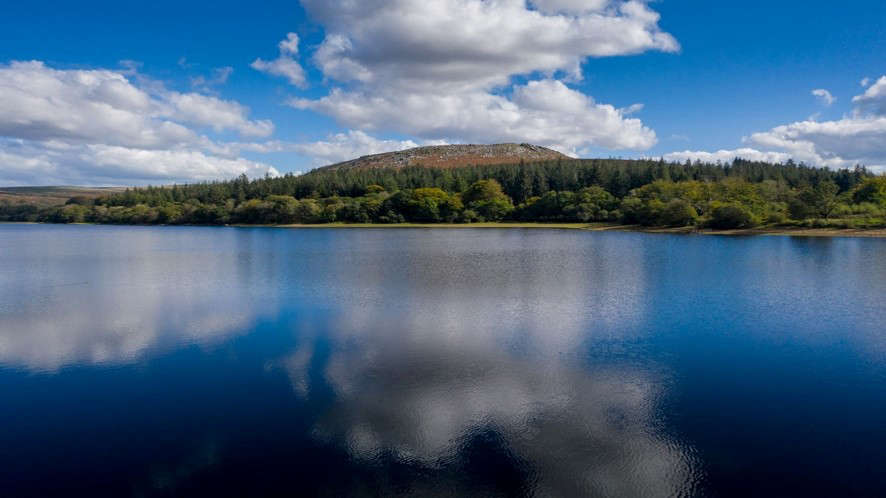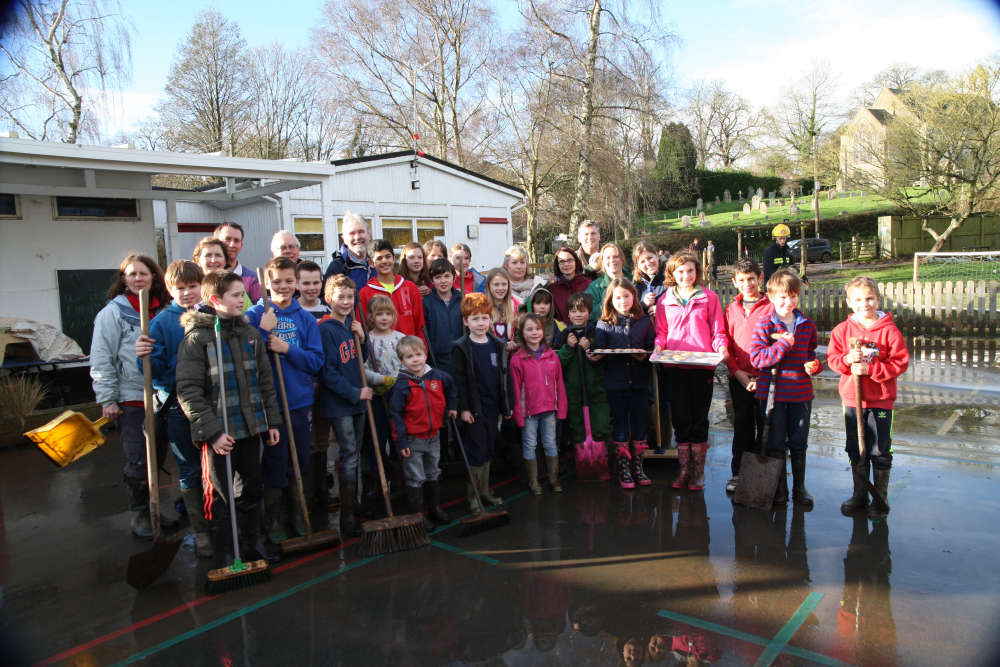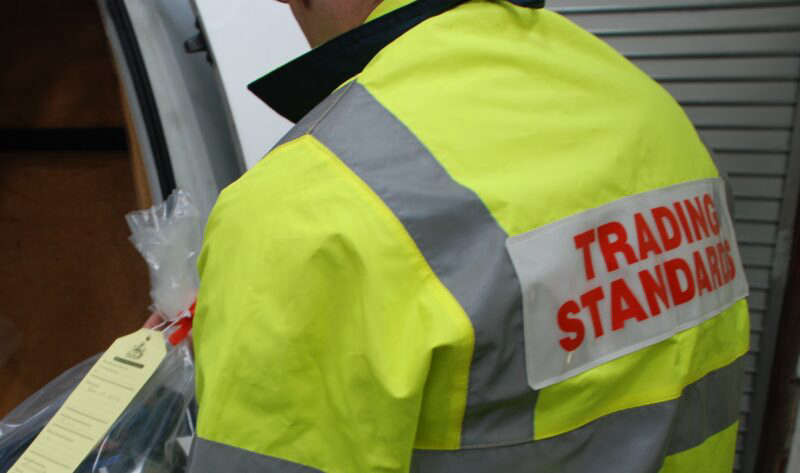
The government has today launched a consultation to double reimbursement for water company customers when their basic water services are hit.
Under new plans, households and businesses will be entitled to higher compensation rates from water companies, and in a wider range of circumstances when basic water services are hit.
The new proposals set out by Secretary of State for Environment, Food and Rural Affairs, Steve Reed, will double the amount of reimbursement that customers are legally entitled to when key standards are not met by water companies.
Subject to an eight-week consultation, government proposals will double payments for all existing standards and will more than double the payments for certain highly disruptive incidents, such as failing to provide notice of supply interruptions and missing arranged appointments with customers.
The government will also expand the list of circumstances that can trigger compensation, including automatic payments for boil notices when drinking water standards drop, or when water companies fail to conduct meter readings or installations as promised.
A boil notice means you must boil your water before you drink it, cook with it, or brush your teeth. The changes would mean that recent outages in Brixham earlier this year would have automatically led to compensation for all customers, where there was no entitlement before.
Secretary of State for Environment, Food and Rural Affairs, Steve Reed said:
Our water industry is broken.
After years of failure, households and businesses have been let down by water companies time and time again.
The new Government will clean up the water industry and turn the tide on the destruction of our waterways ensuring water companies protect the interests of their customers and the environment.”
Welcoming the launch of the consultation, Jenny Suggate, Director of Policy, Research and Campaigns at CCW, said:
We’re delighted the government is fast-tracking efforts to improve the Guaranteed Standards Scheme, with the potential to boost compensation and support for hundreds of thousands of people each year when they are let down by their water company.
Given that there has been little change to the standards since they were first introduced, an overhaul is long overdue, and we know it is a pressing priority for household and business customers.
Demanding higher standards of service and improving levels of compensation when things go wrong will incentivise water companies to get things right the first time for all customers.”
Based on an average annual water and sewerage bill of £440, this would mean the minimum payment of at least £40 under all proposals would now represent around 10% of the average annual customer bill, with several higher payments worth at least a quarter. An issue like low pressure could see payments of up to £250 and payments for internal flooding from sewers of up to £2000.
The standards, outlined in the Guaranteed Standards Scheme, set out a baseline for customer service in the water sector. They include providing timely restoration of water supply following an interruption, responding to written complaints and managing the risk of sewer flooding. Levels of reimbursement for when these standards aren’t met have remained the same since 2000.
Today’s proposals to significantly increase reimbursement reflect the need to uprate payments in line with inflation and recognise the significant impacts of recent water supply disruptions on communities like those seen recently in Hastings, Brixham and Bramley. This will put fair and transparent customer service at the heart of water company dealings when basic services are compromised.
This consultation follows the Government announcing its Water (Special Measures) Bill to cut sewage spills and attract investment to upgrade infrastructure. This includes:
-
Strengthening regulation to ensure water bosses face personal criminal liability for lawbreaking;
-
Giving the water regulator new powers to ban the payment of bonuses if environmental standards are not met;
-
Boosting accountability for water executives through a new ‘code of conduct’ for water companies, so customers can summon board members and hold executives to account;
-
Introducing new powers to bring automatic and severe fines;
-
And requiring water companies to install real-time monitors at every sewage outlet with data independently scrutinised by the water regulators.
The Consumer Council for Water (CCW) have fed into today’s consultation, following their own review of the standards. The consultation will run from Monday 12 August until Monday 7 October. A government response will follow in due course once the consultation has closed.
Further legislation will be outlined in due course to fundamentally transform and reset the water sector and restore our rivers, lakes, and seas to good health.

 Commissioner praises improvements in Devon’s children’s services
Commissioner praises improvements in Devon’s children’s services
 Nine Devon schools confirmed as still in schools rebuilding targets
Nine Devon schools confirmed as still in schools rebuilding targets
 Last chance call for flu vaccination as NHS faces ‘worst case scenario’ December
Last chance call for flu vaccination as NHS faces ‘worst case scenario’ December
 Residents urged to check tumble dryers after fire risk alert
Residents urged to check tumble dryers after fire risk alert











